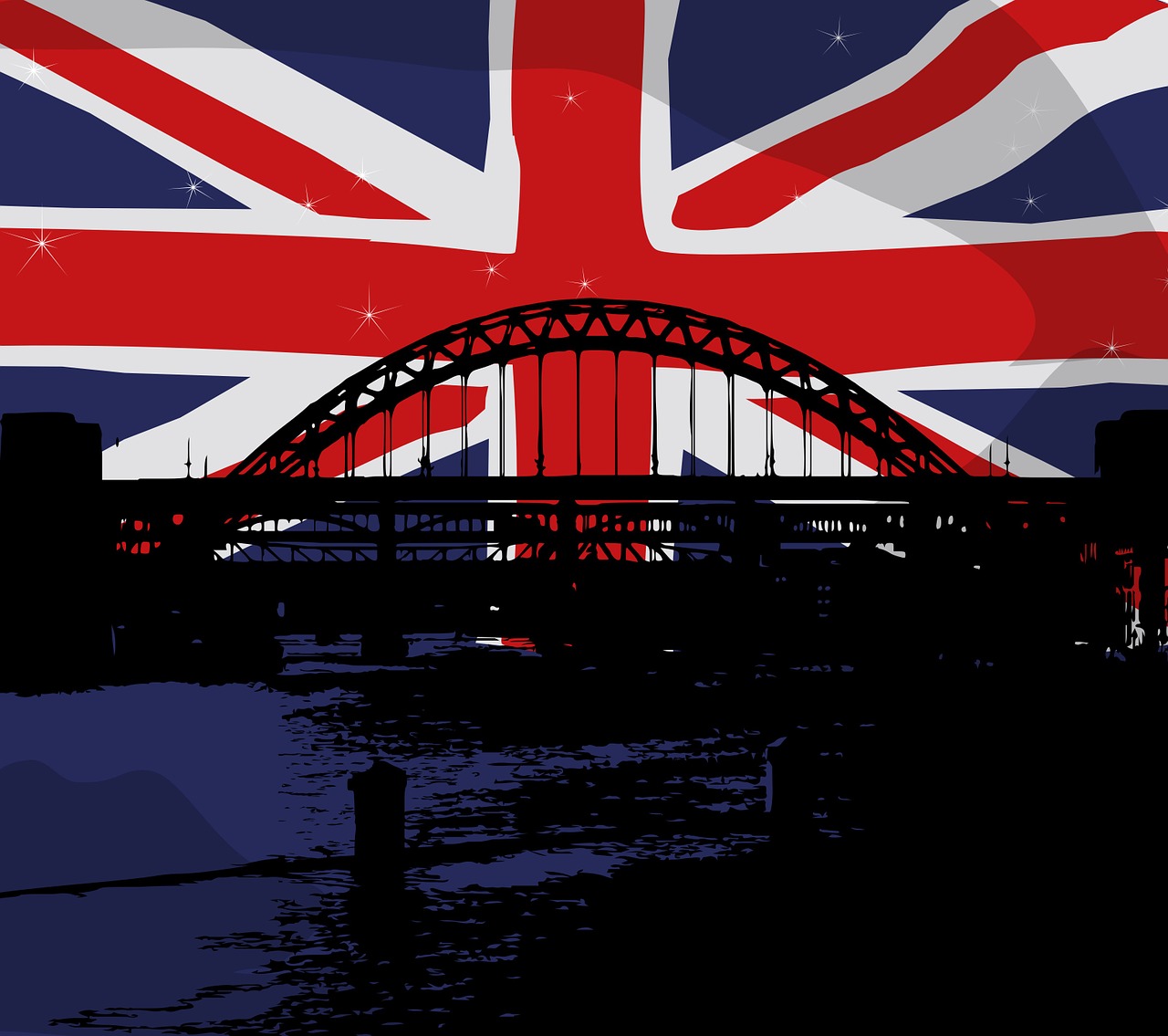亲爱的读者朋友们,随着全球化的不断深入,越来越多的中国传统文化开始走向世界,其中就包括我们即将迎来的端午节,端午节,作为中国四大传统节日之一,承载着丰富的历史和文化内涵,当我们想要用英语向外国朋友介绍这一节日时,应该如何表达呢?本文将带你深入了解端午节的英文表达方式,并探讨如何更好地将这一文化瑰宝介绍给世界各地的人们。
让我们来了解端午节的英文表达,端午节在英语中通常被称为“Dragon Boat Festival”,直译为“龙舟节”,这个名称来源于端午节期间的一项重要活动——赛龙舟,龙舟是端午节的象征之一,它不仅是一种竞技活动,更是一种文化传承和精神寄托。
端午节的历史可以追溯到公元前278年,最初是为了纪念爱国诗人屈原,屈原在楚国灭亡后,投江自尽,以示忠诚,人们为了纪念他,划龙舟去打捞他的身体,并投粽子到江中以防止鱼虾伤害他的身体,这些习俗逐渐演变成了今天我们所熟知的端午节。
在英语中,我们可以这样介绍端午节的历史背景:
"The Dragon Boat Festival, also known as Duanwu Festival, is a traditional Chinese holiday with a history dating back to 278 BC. It commemorates the patriotic poet Qu Yuan, who drowned himself in the Miluo River as a form of protest against the corruption of the Chu state. To honor him, people raced dragon boats to retrieve his body and threw rice dumplings (zongzi) into the river to prevent fish from eating his remains."
端午节的习俗和活动丰富多彩,除了赛龙舟和吃粽子,还有挂艾草、喝雄黄酒等传统习俗,在英语中,我们可以这样描述这些习俗:
"During the Dragon Boat Festival, various customs and activities are observed. Dragon boat racing is a popular event where teams paddle long, narrow boats decorated with dragon heads and tails. Zongzi, or rice dumplings, are a traditional food made of glutinous rice stuffed with various fillings, such as meat, beans, or nuts, and wrapped in bamboo leaves. People also hang mugwort and calamus on their doors to ward off evil spirits and drink realgar wine, a traditional beverage believed to dispel diseases."
随着中国文化的对外传播,端午节也逐渐被世界各地的人们所了解和接受,许多国家和地区开始举办自己的龙舟比赛,庆祝这一节日,美国、加拿大、澳大利亚等国家的许多城市都会在端午节期间举办龙舟节活动。

我们可以这样描述端午节的国际影响:
"The influence of the Dragon Boat Festival has spread beyond China's borders. Many countries around the world, including the United States, Canada, and Australia, have adopted the tradition of dragon boat racing to celebrate the festival. These events not only promote cultural exchange but also foster a sense of community and teamwork."
在向外国朋友介绍端午节时,我们可以采用以下结构:
1、开场白:简要介绍端午节的时间和重要性。
- "Hello, I'd like to introduce you to one of China's most important traditional festivals, the Dragon Boat Festival, which falls on the fifth day of the fifth lunar month."
2、历史背景:讲述端午节的历史故事。
- "The festival has a rich history dating back to the Warring States period, when it was established to honor the poet Qu Yuan."
3、主要活动:描述端午节的主要习俗和活动。
- "On this day, people engage in various activities such as dragon boat racing, eating zongzi, and hanging mugwort to ward off evil spirits."
4、文化意义:解释这些习俗的文化意义。
- "These customs not only serve as a way to remember Qu Yuan but also symbolize unity, health, and the triumph over adversity."
5、国际交流:提及端午节在国际上的传播和影响。
- "The Dragon Boat Festival has become an international event, with many countries hosting their own celebrations and races, showcasing the festival's global appeal and cultural significance."
端午节不仅是中国的传统节日,也是世界文化遗产的一部分,通过用英语介绍端午节,我们不仅能够传播中国的文化,还能够促进不同文化之间的交流和理解,希望本文能够帮助你更好地了解端午节的英文表达,并鼓励你与世界各地的朋友们分享这一独特的文化体验。
"In conclusion, the Dragon Boat Festival is not just a Chinese tradition but a part of the global cultural heritage. By introducing it in English, we can not only spread Chinese culture but also promote cross-cultural communication and understanding. I hope this article has helped you gain a deeper understanding of how to express the Dragon Boat Festival in English and encourages you to share this unique cultural experience with friends around the world."
通过这篇文章,我们不仅学习了端午节的英文表达,还了解了如何向国际友人介绍这一传统节日,端午节是一个充满文化意义的节日,它不仅让我们缅怀历史,也让我们在现代社会中继续传承和发扬传统文化,希望每位读者都能在端午节这一天,感受到这份独特的文化魅力,并将其传播到世界的每一个角落。